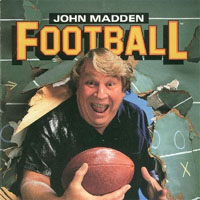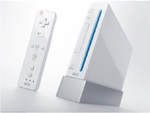 Fair warning to those who like sweeping through Gamestop’s bargain rack to pick up old sports titles: In a month, you won’t be able to play many of them online anymore.
Fair warning to those who like sweeping through Gamestop’s bargain rack to pick up old sports titles: In a month, you won’t be able to play many of them online anymore.
On February 2 and February 9, Electronic Arts will shut down servers for more than two dozen of its past sports titles. This isn’t the first time EA has done this, but the list of titles on the chopping block are shockingly recent. Here are some highlights:
–Madden 2008 was the last game in the series to be released for Windows. When the lights go down on this game’s multiplayer, PC gamers will have nowhere to go.
–Madden 2009 was released in August 2008, so it’ll be a year and a half old when its multiplayer servers shut down for all consoles. Do you upgrade to Madden 2010, or wait six months for Madden 2011, whose online play will then have a longer shelf life?
–Facebreaker, a cartoon-style boxing game, received some good and some very bad reviews, but it’ll be just a year and three months old when its online component gets cut.
–NBA Street Homecourt, released in 2007, was the last game in the Street series. No more trash talk for Xbox 360 and Playstation 3 street ballers, I guess.
I wouldn’t be surprised if activity was null for many of the games on the list, but certainly the latest round of cuts will spark outrage among these games’ devotees. Even if you don’t own or play any of the games being cut, this is a salient reminder that while online multiplayer is an attractive bullet point on the back of a game box, it’s not a guarantee.

 Tail between its legs, the video games industry tried to retreat from 2009. Heavy hitters like Splinter Cell: Conviction, Bioshock 2, Bayonetta and Heavy Rain were
Tail between its legs, the video games industry tried to retreat from 2009. Heavy hitters like Splinter Cell: Conviction, Bioshock 2, Bayonetta and Heavy Rain were 





